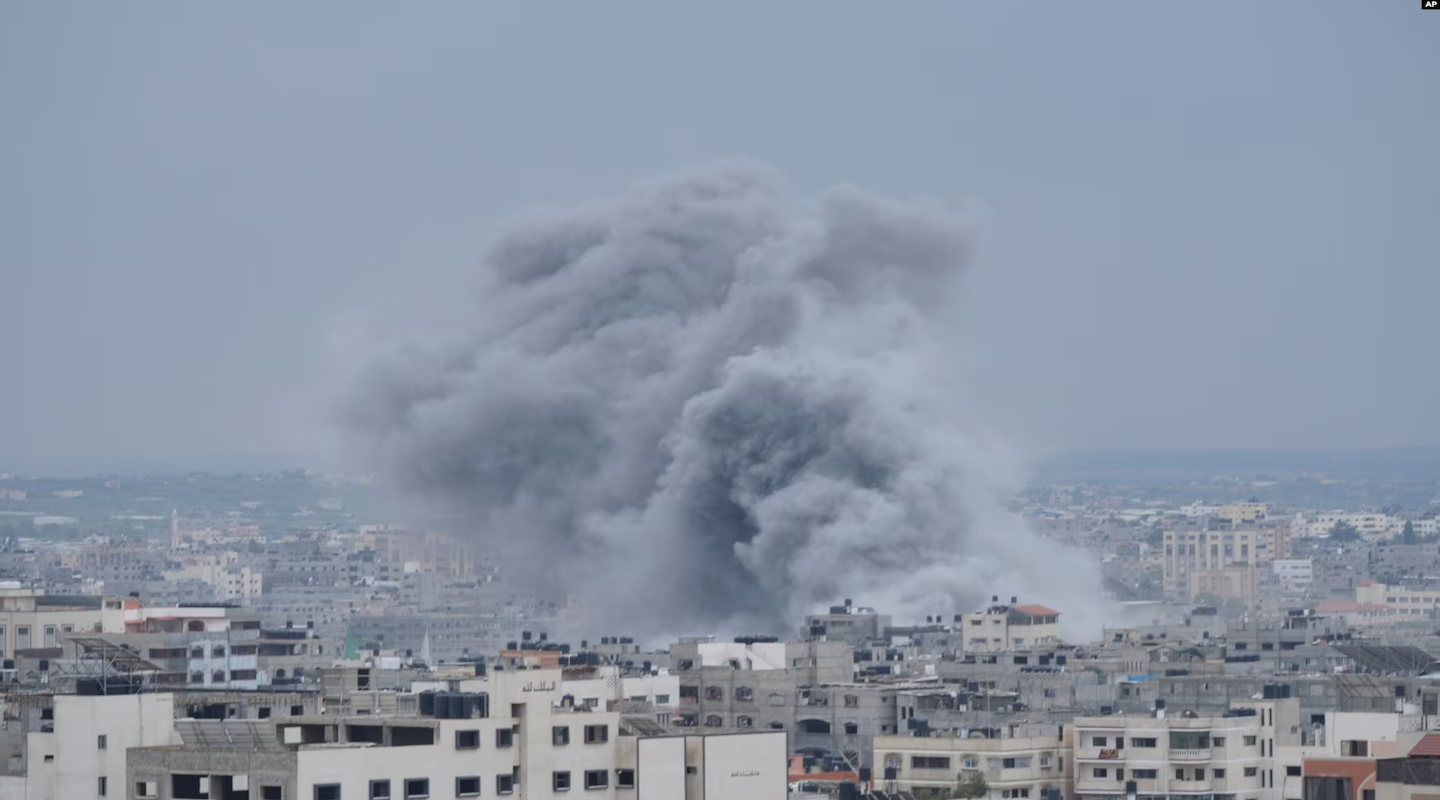
Expert Panel: The Hamas-Israel Conflict and Its Global and Regional Implications - 2 October 14, 2023
12 min read
In this Expert Panel Series, we gathered perspectives from various subject experts on the Hamas-Israel conflict and its global and regional impact on geopolitics. This second paper of the Expert Panel Series features Colin P. Clarke's insights in response to our inquiry.
There are also concerns that, just as Israel underestimated Hamas, the members of the “axis of
resistance” and/or Iran may misinterpret Israel’s intelligence failure as a sign of broader weakness.
Despite the intelligence failure, which was certainly significant, Israel retains the most powerful military
in the region and is highly capable in terms of warfighting. It would be unwise for violent non-state
armed groups or the regimes in Damascus or Tehran to test the Israelis, who are now bent on
vengeance and will not be prone to restraint. In some ways, the paradigm in the region has shifted, the
old “rules of the game” have become moot, and each side is attempting to establish new red lines that
will govern the nature of the conflict moving forward.
Within the United States and among U.S. allies, there has been a neglect of counterterrorism in line with
a broader pivot toward great power competition and potential conflict with near peers like Russia and
China. Even where U.S. and allied equities are allocated for counterterrorism, the lion’s share of the
focus has been on al-Qaeda, Islamic State, and their respective affiliates, franchise groups, and branches
worldwide. Hamas has been off the radar in recent years, although this latest attack is guaranteed to
change that calculus. Indeed, it is now highly likely that the “axis of resistance” will receive far greater
attention in the intelligence community.
There is also the question of what happens now with the normalization agreement that had been in the
works between Saudi Arabia and Israel. Following the Hamas attacks and Israel’s response, which has
already killed many civilians, it is difficult to imagine the deal going forward anytime soon, despite U.S.
pressure to keep things on track. Gulf Arabs have long been a defender of Palestinian rights, at least
rhetorically, and abandoning Palestinians to make a deal with Israel in the current geopolitical
environment seems like a non-starter. There are also questions about how the conflict between Israel
and Hamas will impact the war in Ukraine, which has received far less attention as the world focuses on
the Middle East. U.S. domestic politics is highly polarized, and there seems to be some level of donor
fatigue with respect to Ukraine. U.S. politicians are also using the Israel-Hamas conflict as an opportunity
to steer resources away from Kyiv and toward Jerusalem, something that could have a direct impact on
the battlefield, favoring Moscow.
Orion Policy Institute (OPI) is an independent, non-profit, tax-exempt think tank focusing on a broad range of issues at the local, national, and global levels. OPI does not take institutional policy positions. Accordingly, all views, positions, and conclusions represented herein should be understood to be solely those of the author(s) and do not necessarily reflect the views of OPI.
